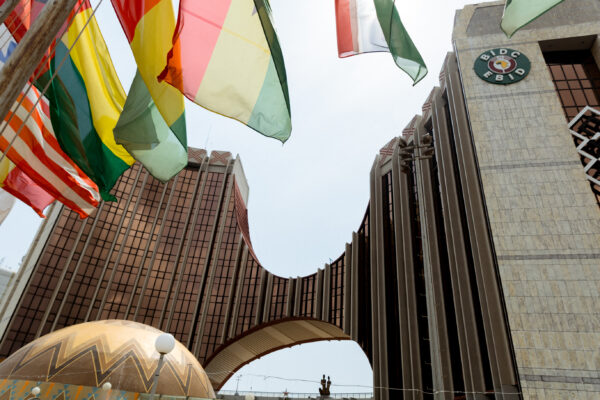The Board of Directors of the ECOWAS Bank for Investment and Development (EBID) held its 92nd Ordinary Session on June 30, 2025. The Board approved a total amount of EUR 174 million and USD 125 million to finance projects aimed at stimulating economic growth and fostering industrialisation for the sub-region.
The approved sums will go towards the following projects:
- A EUR 50 million project for the construction and equipping of six (6) technical education and vocational training centres by Planet One, in the Togolese Republic. This project aims to equip the Togolese youth with skills that are in high demand for various industries. It is expected that 3,480 learners per year will benefit from training, building a more productive and competitive workforce.
- A USD 25 million project for the import of clinker by Société de Ciment de Côte d’Ivoire in the Republic of Côte d’Ivoire. This project will increase the availability of cement products in Côte d’Ivoire by importing 400,000 tonnes of clinker.
- A EUR 28.9 million project to modernise and bring up to standard four (4) agricultural high schools in the Republic of Guinea. This multi-sectoral development project will help to improve the employability of Guinea’s young people and provide a structural solution to youth unemployment.
- A EUR 95.163 million project to build three hydroelectric micro-power stations (30 MW) with SOGEOH at Poukou, Bolokoun, and Biwbaw in the Republic of Guinea. This project aims to harness local hydraulic potential in areas with poor access to power to produce renewable energy, thereby improving living conditions and generating economic activity to benefit rural populations.
- A USD 100 million Lagos-Calabar coastal motorway project, in the Federal Republic of Nigeria. This project, which spans 47.7 km, will link nine Nigerian states, improve access to seaports and isolated agro-industrial areas, and contribute to the emergence of a regional value chain to help coastal communities.
These newly approved commitments are aligned with the United Nations Sustainable Development Goals (SDGs), in particular SDG 4 – Quality Education, SDG 7 – Affordable and Clean Energy and SDG 9 – Industry, Innovation and Infrastructure, as well as EBID’s strategic plan to promote resilient, inclusive and sustainable growth and development in the ECOWAS region. With this investment, EBID’s total commitments to date in the sub-region amount to over USD 5 billion.


